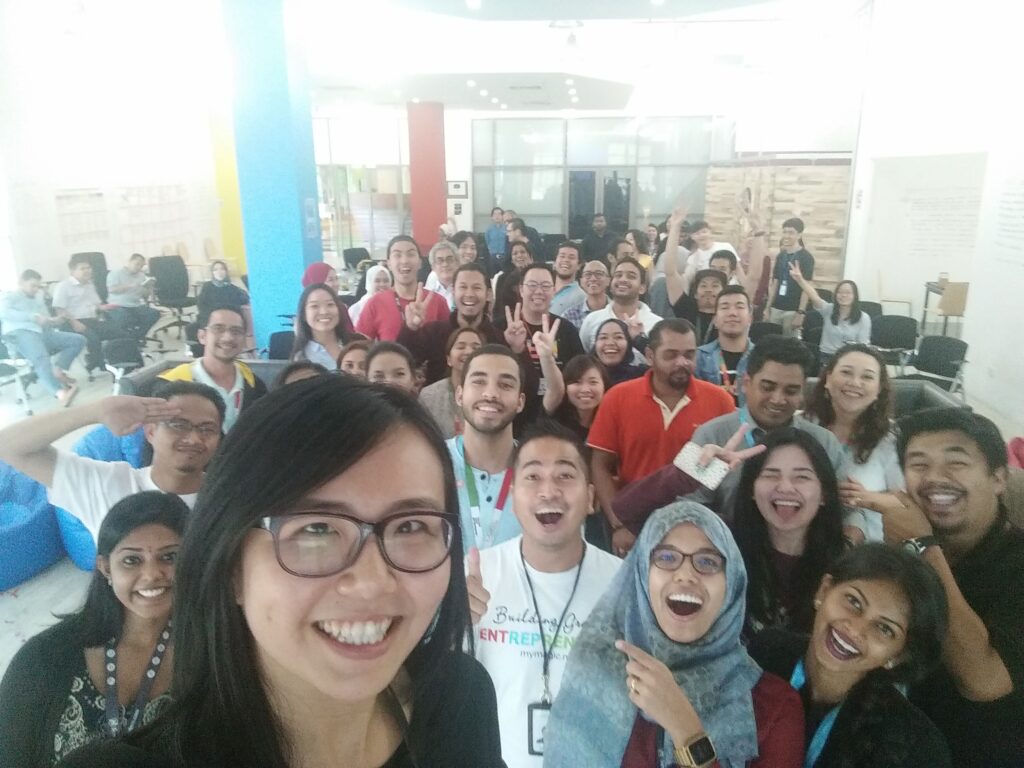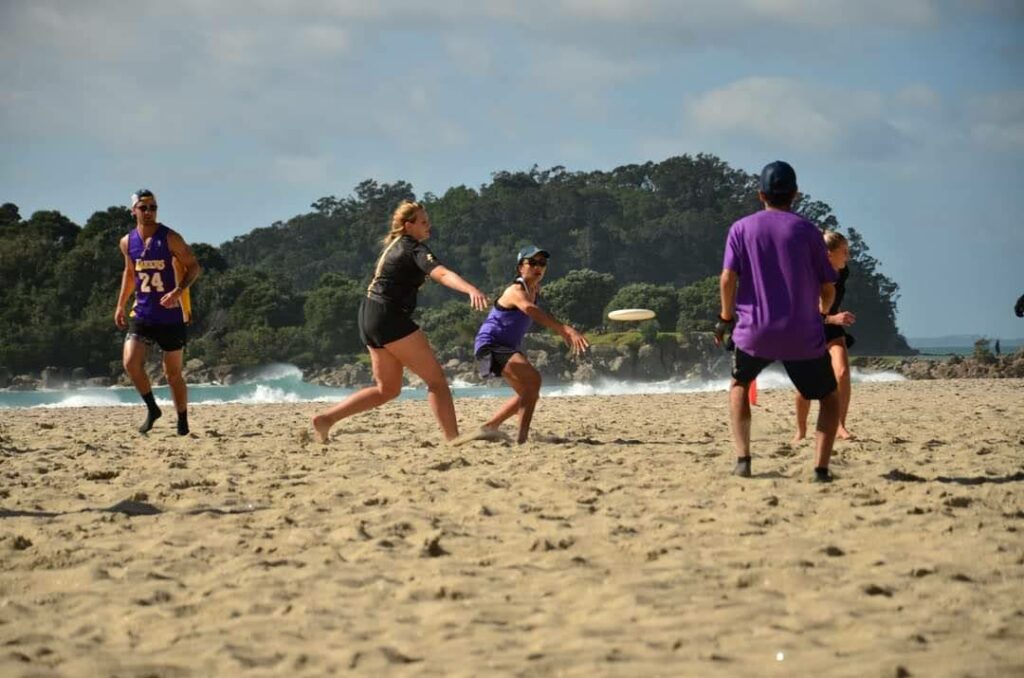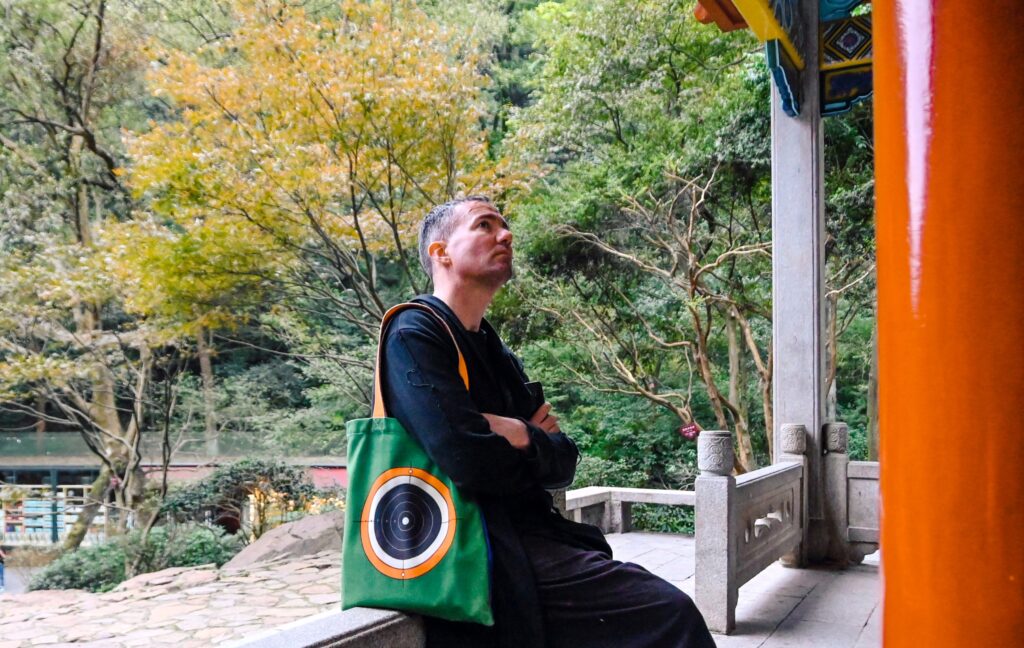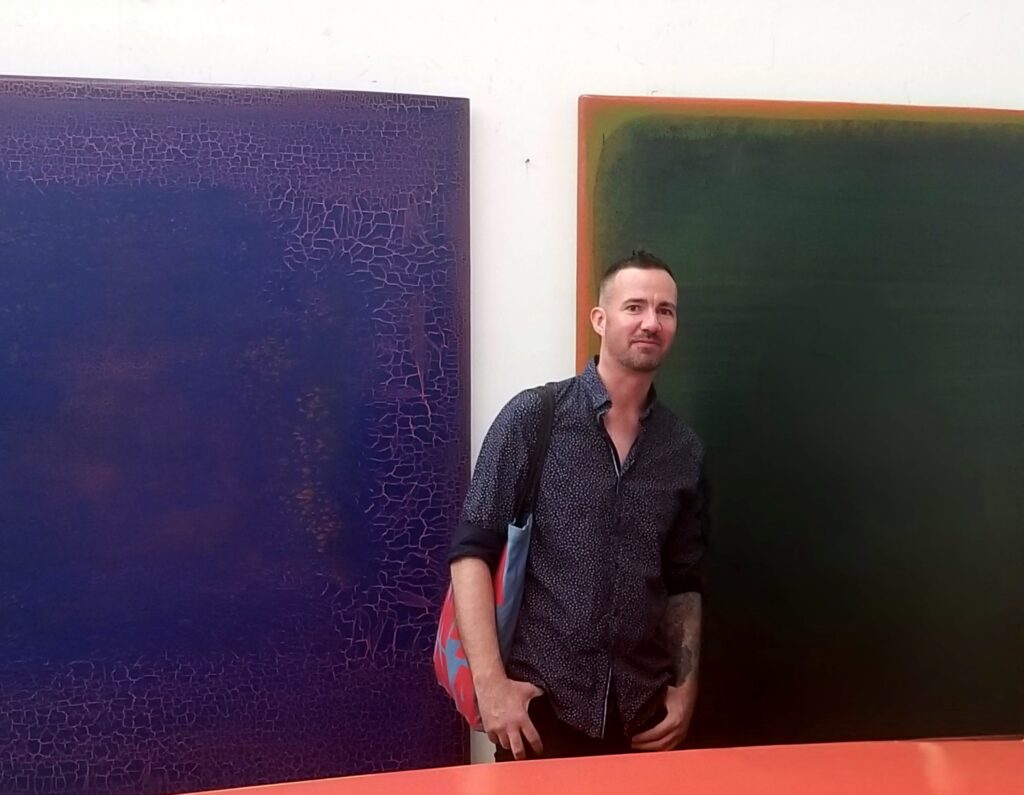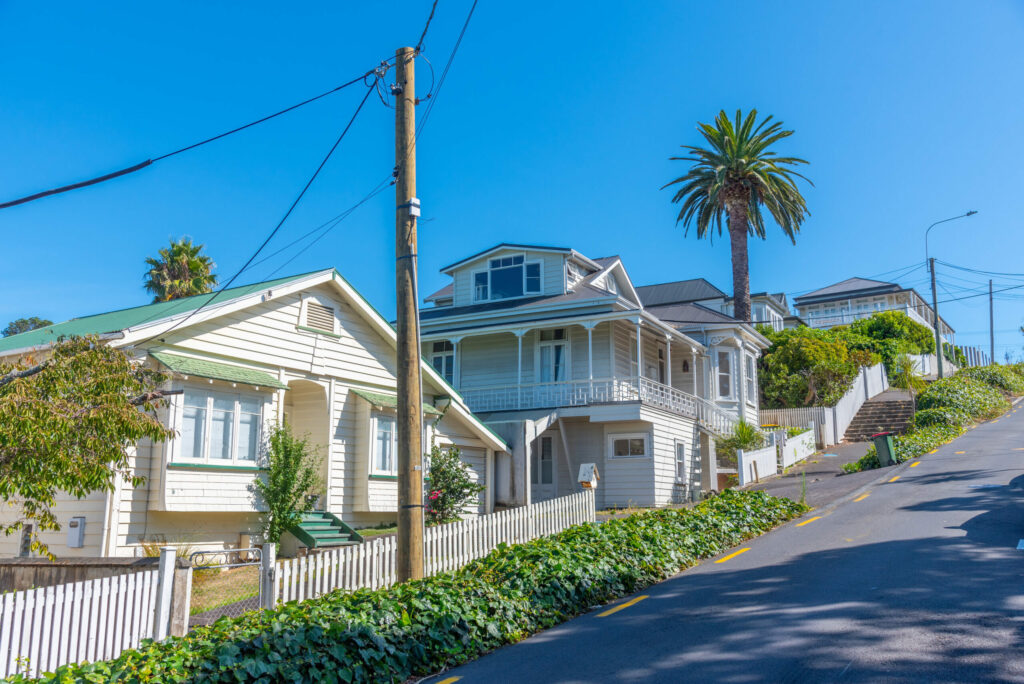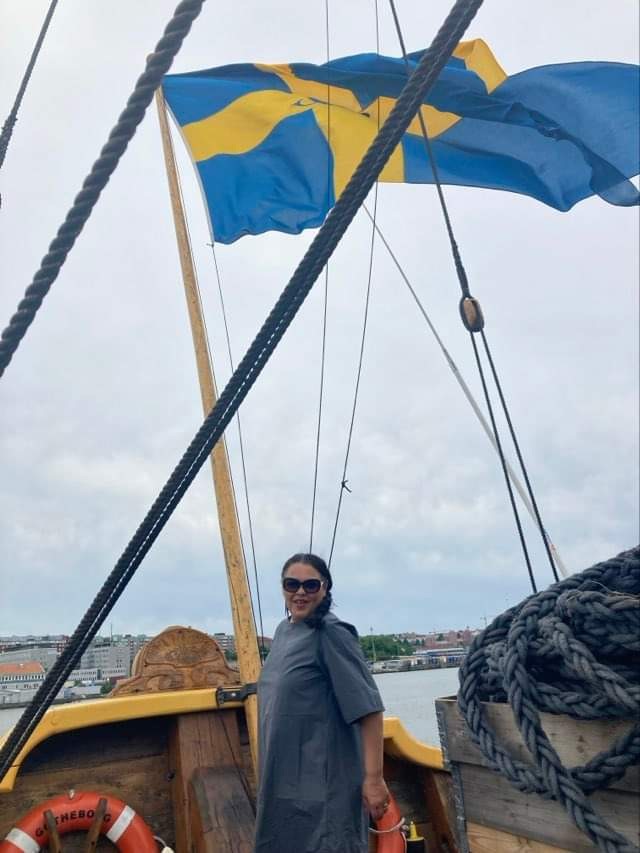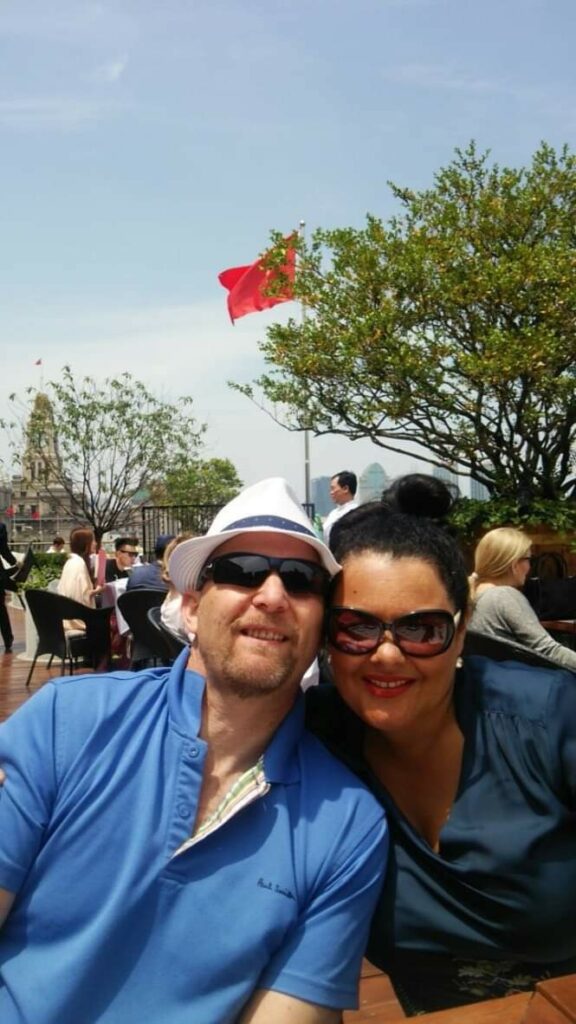When Scott first set off to the UK in 2008 he was a 27-year-old trained accountant ready for his next big opportunity. Heading to London and landing a job working in corporate finance in the middle of the GFC provided a baptism by fire for the young Kiwi.
“It was a very intense period. There was a lot of change in the market and there were a lot of businesses in real trouble. So it was a good place to cut my teeth and get my first overseas experience. However after a couple of years I realised what I really wanted was to actually get into a business and see how things operated on the inside.”

This desire to better understand the running of a business led to Scott landing a role at one of Britain’s most iconic brands – Burton’s Biscuit Company, home of Jammy Dodgers and Wagon Wheels.
“It was an awesome business to work for. In the UK, biscuits are quite a big deal, the Brits love their tea and biscuits. However, over the years the way people snack has changed, so the challenge for us at that time was utilising the factories that we had to create the best possible financial outcomes and while also creating great products for consumers. I ended up working there for five years, which was a lot longer than I had imagined, but I learnt so much.”
The end of that role saw Scott return to New Zealand in 2015, and take up a role with a
Kiwi company who was looking to expand their business in the UK and the US, something Scott’s offshore insights were perfectly positioned to help with.
“The company I joined on my return to New Zealand was originally a Kiwi company, which had grown into Australia, and was starting to grow into the UK so I was able to bring a unique perspective around entering new markets which was valuable for both of us. A lot of my work in the UK was around finance and strategy and how to grow value. It gave me exposure to how UK markets operated, but we also had US investors so I felt like I was continuously learning. It also taught me what businesses need to focus on when entering new markets and gave me the confidence that New Zealand businesses can make it on the global stage, you just have to understand your value.”
Scott worked for that company for the next seven years, returning to the UK for two of those years to support the company’s expansion plan.
“The second time I moved overseas, I had my wife and two young children. We moved in the middle of Covid, which wasn’t ideal, but I was the CFO of the company at the time and ultimately it became too difficult to continue to grow in the UK and the US when you couldn’t travel from New Zealand.”
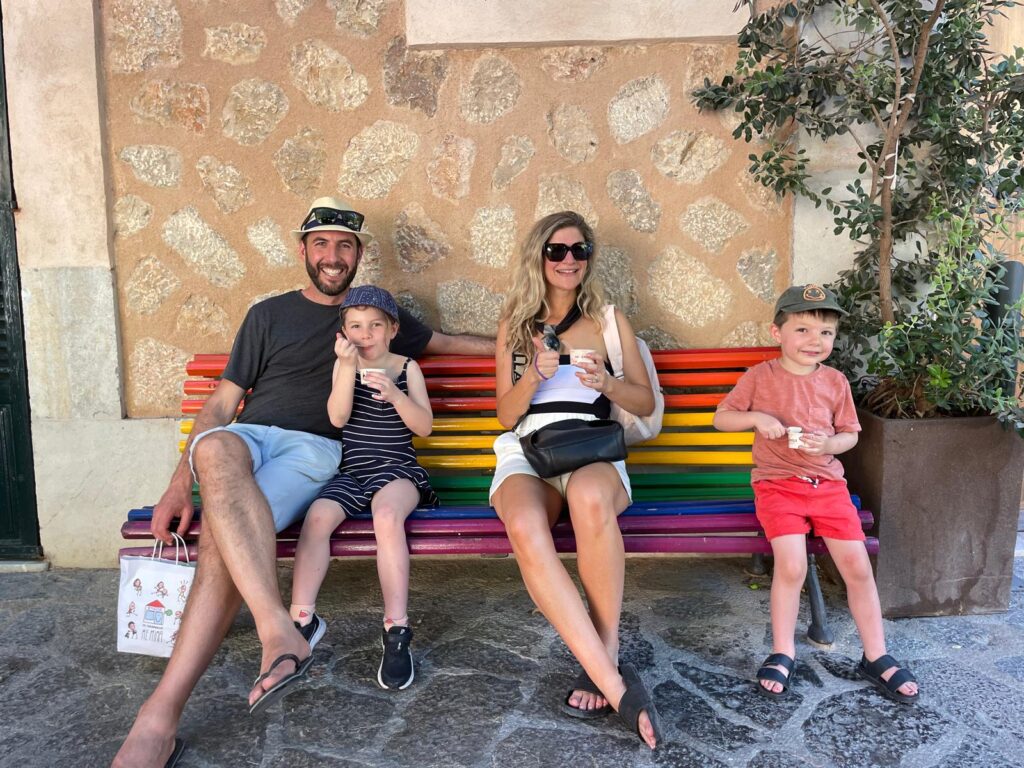
Last year Scott and his family once again returned to New Zealand, and he has recently been appointed the CFO for online marketplace Trade Me.
“I love New Zealand and I knew I was always going to come back, I love the lifestyle that my family has here, and I knew there would be trade offs. I think you need to have an open mind when you come back. The opportunities are different but that doesn’t mean you can’t find a role you love. What’s cool about Trade Me is it’s purely a New Zealand business. I’m dealing with one time zone and we are very focused on creating value for New Zealanders, which is really satisfying.”
Happily settled back in New Zealand, Scott says he’s now passionate about sharing what he has learnt with other Kiwi businesses in the hope that he can support others on their own global journeys.
“Overseas markets are bigger and there is more expertise. It’s important for people to bring those learnings back to New Zealand and share them with others on the same path, because a lot of what you are sharing is just the context of what’s possible. Some of the best advice I have been given in my career is to listen and take things in and really hear what people have to say. There’s a wealth of knowledge outside of the country and as Kiwi we have this wonderful opportunity of being able to go and work overseas, and to then bring that skill set back to New Zealand and help others. It’s something I have been fortunate enough to do several times already and I hope I will have the opportunity to do it again.”

 MENU
MENU

